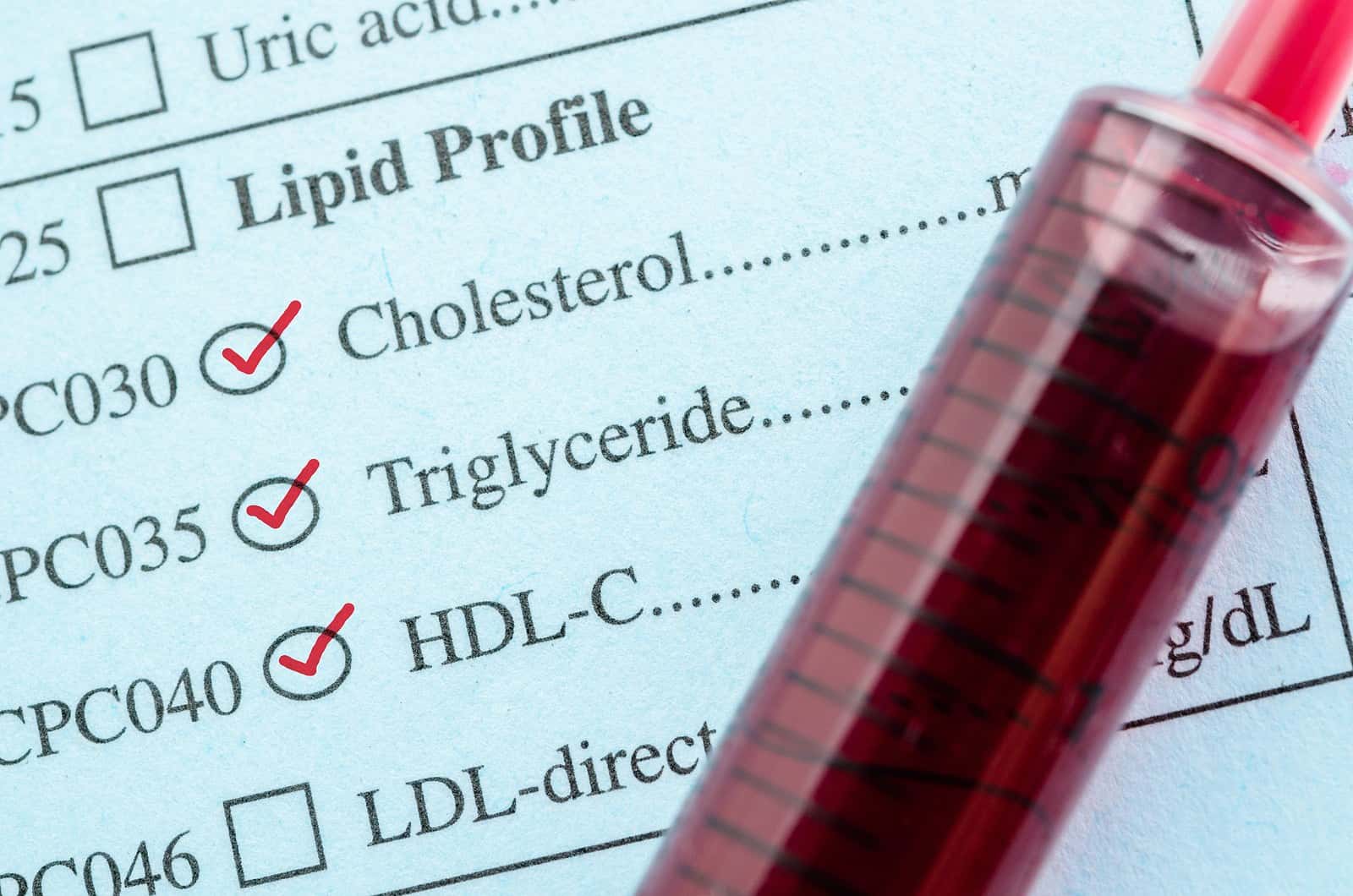
At one time, only physicians could order laboratory tests such as thyroid-stimulating hormone or cholesterol. Now, however, many companies offer lab tests direct to consumers using the internet. Does it make sense for you to order your own?
Direct-to-Consumer Laboratory Tests:
A number of experts in medical ethics reviewed laboratory tests being promoted to consumers (JAMA Internal Medicine, Sept. 18, 2023). Some tests utilize finger-prick drops of blood, while others require patients to use a walk-in laboratory. People use these tests to evaluate their thyroid function or determine their level of hs-CRP (a marker of inflammation affecting the heart). Some tests pertain to heart health by measuring various forms of cholesterol and blood lipids. Others help a person track prediabetes or diabetes through blood glucose or HbA1c. By now, most of us are familiar with home tests for COVID-19. Perhaps few people know that you could test yourself for antibodies to Borrelia burgdorferii, the pathogen responsible for Lyme disease.
How Well Do Companies Explain Their Tests?
The scientists found a discrepancy between the technical “terms of service” such companies use, most of which present the results as strictly informational, more or less meant to assuage curiosity. In contrast, the marketing for these products often implies that the results are medically useful.
Moreover, companies vary greatly in their policies regarding data privacy as well as their provision of follow-up with health care professionals. More than half of the companies share the data from laboratory tests with other organizations for research purposes. How well do they explain that to their customers? This too varies from one entity to another.
The authors note,
“Given the sensitive nature of information provided by consumers to DTC laboratory testing companies and the unclear scope of many companies’ privacy policies, there are concerns about whether data might be used for purposes beyond those that consumers anticipate.”
The People’s Pharmacy Take:
We usually favor people having access to information about their health. If they want to follow their TSH or HbA1c between consultations, they should be able to use such laboratory tests. On the other hand, they should also have all the necessary information about protecting their own privacy and caveats about possible inaccuracies of the results. This analysis indicates that some companies have put profits above the patient interests when they market home health tests.
Citations
- Kalokairinou L et al, "Policies of US companies offering Direct-to-Consumer laboratory tests." JAMA Internal Medicine, Sept. 18, 2023. doi:10.1001/jamainternmed.2023.4726

